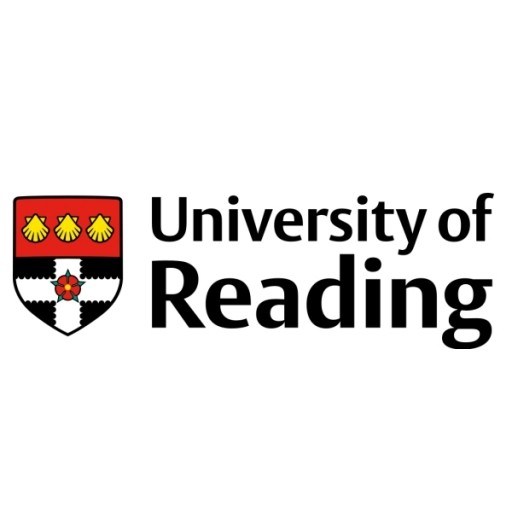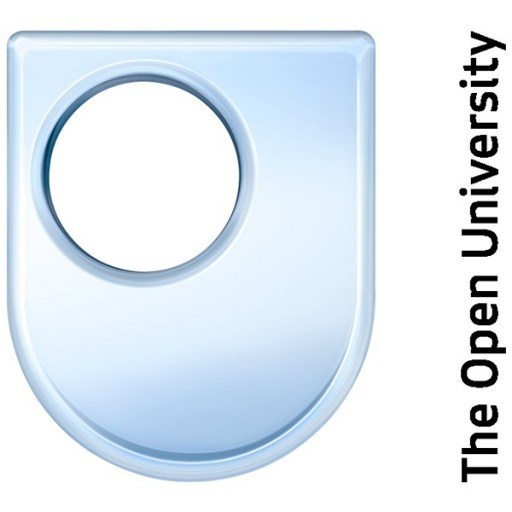Photos of university / #uniofreading
Why do countries go to war? How much tax should we pay? And can foreign policy ever be wholly ethical?
If these are the kind of questions that interest you then you'll love exploring them through this stimulating, discussion-based degree course.
Most of your teaching time will be spent in small groups or seminars, allowing you to interact directly with staff and other students, and add your own voice to the discussion. You will learn about the fundamental elements of politics and international relations, address some of the contemporary world's most pressing problems and explore the ethical and moral issues that arise when political authority is exercised.
You will be able to pursue your own interests through a wide range of specialist optional modules, which cover topical issues such the politics of the welfare state, international terrorism and the Middle East crisis. You will also have the option to take modules in other subjects, such as economics and history, to broaden your knowledge and learn other skills.
Our Model United Nations and Middle East simulations give you the opportunity to get a direct feel for the political process and apply your knowledge and skills to a scenario that mimics real life. You can also take part in other activities that are related to politics. For example, you can contribute to the Department of Politics and International Relations' weekly politics radio show and learn other useful skills such as presenting and audio editing.
Placement
You can undertake a two-week placement as part of our module on British government and politics. This is an opportunity for you to gain first-hand experience of working with an MP, charity, pressure group, local councillor or media organisation. You can also carry out longer placements during summer vacations, or spend a year in industry.
We have a specialist placement officer, who can provide you with one-to-one support in securing and preparing for a placement.
Year 1
Core modules include:
- Introduction to Contemporary Democracy
- Introduction to Political Ideas
- Politics: International Relations and Strategic Studies
Optional modules include:
- British Society
- Freedom
Year 2
Core modules include:
- The Study of Politics
Optional modules include:
- American Government and Politics
- British Government and Politics
- Comparative Government and Politics
- European Political Integration
- Model United Nations
- Modern International Relations
- Political Classics
- Political Thinking
- Politics of the Welfare State
- Study Abroad
- The Media and Politics
- Work Placement Project
Year 3
Core modules include:
- Dissertation
Optional modules include:
- Intelligence, War and International Relations
- War, Peace and International Ethics
- British Foreign and Defence Policy since 1945
- Comparative Political Economy
- Contemporary Power Politics
- Crime and Punishment:Theoretical Approaches
- Democracy and Democracy Promotion
- Feminism and Political Theory
- International Political Economy
- International Terrorism
- Introduction to Critical Security Studies
- Nationalism
- Parliamentary Studies
- Politics and International Relations of the Middle East
- Politics of the International Economy
- Strategic Theory
- Strategy in the Two World Wars
- The UN and International Order
- Toleration: Theory and Practice
- US Foreign and Defence Policy since 1950
- United Kingdom Politics since 1960
A-level: BBC; IB: 32 points with 5,5,4 at Higher Level; BTEC: Not accepted on its own but may be considered alongside other qualifications; It is recommended that applicants have studied Politics, International Relations, or related subjects at A-level or equivalent. Applicants must demonstrate strong analytical and critical thinking skills, and a clear interest in political affairs and international issues. Academic requirements may vary slightly each year; therefore, it is advisable to check the university website for the most current information. English Language proficiency: IELTS score of 6.5 overall with a minimum of 6.0 in each component, or equivalent qualification. Certain exemptions may be granted for native speakers or students who have completed their education in English. International students are encouraged to apply and should meet the general admissions criteria and provide documentation of their qualifications. Work experience is not a formal requirement but may strengthen an application. The program is designed to accommodate students from diverse backgrounds, emphasizing critical engagement with core political concepts, analysis of contemporary international issues, and development of research skills. Applicants are advised to prepare a personal statement outlining their interest in Politics and International Relations, relevant experience, and academic aspirations. References from teachers or other educational professionals are typically required to support applications. The program values diversity and looks for motivated students capable of engaging with complex political debates and theoretical perspectives. Entry requirements may be slightly flexible for exceptional candidates; therefore, admissions decisions depend on a holistic review of the application.
The Bachelor of Politics and International Relations at the University of Reading offers a range of financing options to support students throughout their studies. Tuition fees for UK students are typically announced annually and are subject to change, with current rates available on the university’s official website. International students should also review the specific fee structure applicable to their country of residence.
The university provides several scholarship opportunities aimed at both domestic and international students. These include merit-based scholarships awarded based on academic achievement, financial need-based awards, and subject-specific scholarships that support students pursuing Politics and International Relations. Details about the eligibility criteria, application procedures, and deadlines are available on the university’s scholarships webpage.
In addition to university-funded scholarships, students are encouraged to seek external funding sources such as government grants, international organizations, and private foundations which may offer financial assistance for students studying international relations and related fields. The UK government provides options like the Student Finance England loans, which help cover tuition fees and living costs for eligible students.
To assist students in managing their expenses, the university offers various financial planning resources, including advice on budgeting and accessing part-time employment opportunities. The university’s Careers Service can provide guidance on internships and part-time jobs that can complement academic studies and help offset costs.
Students should also consider the cost of living in Reading, which includes accommodation, transportation, food, books, and personal expenses. The university’s accommodation office provides details on on-campus and off-campus housing options, with estimated costs outlined on their website. Many students choose to live in university-managed halls or private rentals, and the university offers support in finding suitable accommodation.
Overall, the University of Reading aims to make higher education accessible and affordable by providing comprehensive financial support options, advisory services, and external funding guidance. Prospective students are advised to thoroughly research and plan their finances early in their application process to ensure they can fully benefit from their academic experience without undue financial stress.
The Politics and International Relations undergraduate program at the University of Reading offers students a comprehensive education in the key concepts, theories, and practices that underpin political processes and international affairs. The course is designed to develop critical thinking, analytical skills, and an understanding of political systems, international organizations, diplomacy, and policy-making. Throughout the program, students explore a wide range of topics including comparative politics, political theory, global governance, security studies, and human rights. The curriculum integrates both theoretical frameworks and real-world applications, preparing graduates for careers in government, international organizations, non-governmental organizations, journalism, or further academic study.
Students benefit from a diverse faculty with expertise in various aspects of politics and international relations, and they are encouraged to participate in seminars, workshops, and research projects. The university's strong links with political institutions, think tanks, and diplomatic missions provide opportunities for placements and internships that enhance practical understanding and employability. The program also emphasizes the importance of understanding different cultural, social, and political contexts, fostering a global perspective essential for careers in international affairs.
Students have access to modern facilities, comprehensive library resources, and support services tailored to help them succeed academically and professionally. The course typically spans three years for full-time students and may include options for year abroad or placement years, giving students valuable international and practical experience. Assessment methods include essays, exams, presentations, and research projects, which aim to develop a wide array of skills from writing and communication to independent research. Graduates of this program leave with a well-rounded, critical comprehension of political and international issues, equipped to engage with complex global challenges and contribute meaningfully to society.



